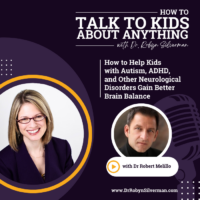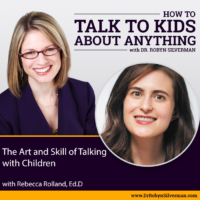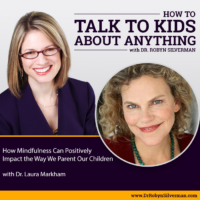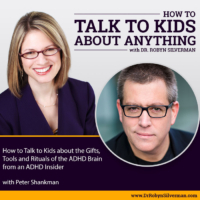Podcast: Play in new window | Download
Subscribe: Apple Podcasts | RSS | More
How to Impact Brain Development to Help Kids Thrive
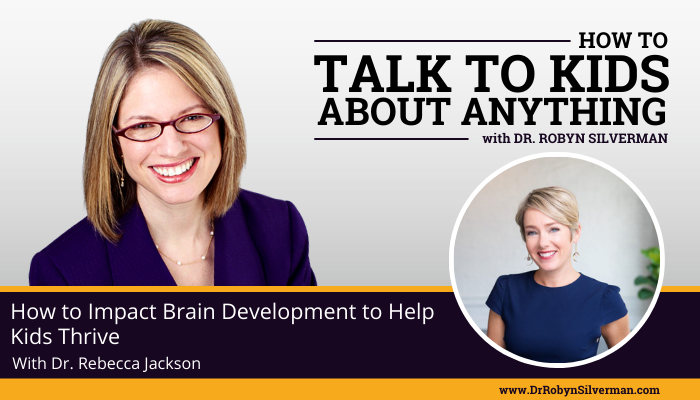
Guest Expert: Rebecca Jackson
This podcast will highlight the wisdom and insights of Dr. Rebecca Jackson! Join us as we delve into her remarkable journey, uncovering the stories behind her groundbreaking research and the invaluable lessons she’s learned along the way. Get ready to be inspired and enlightened by the remarkable mind of Dr. Rebecca Jackson.
Intro:
The very thought of what’s going on in our child’s brain probably baffles most of us. I mean, how many times might we contemplate why our, why our child acts the way that they do, or what made them meltdown in the grocery store, or flare up at their sister, freak out when they need to write a book report, bring food in their room, get up from the table and just leave their dish right there. I mean, wait a second. I might’ve just morphed into talking about my own kids there. Our children’s brains and development are complex, but my next guest is going to simplify, simplify things for us so that we can help them get back on track. After losing so much ground during the pandemic, we can make some simple changes and add some easy activities that can help our children thrive.
Bio:
Dr. Rebecca Jackson is an industry leader in brain health and optimizing the brain to enhance how you feel and function. She brings 15 years of brain balance experience to her role as chief programs officer.
In this role, she’s published research on improving cognition, development and wellbeing, and has designed programs to meet the growing demands of people wanting to achieve more for themselves and their children. Dr. Jackson is the author of the new book Back on Track and is a frequent media guest as an expert on improving brain health development and cognition.
Important messages:
- Importance of Physical Coordination Movement: It helps with the overall development. It all starts simple and then it builds in complexity over time.
- Getting your non-sporty kid to move: It might take you doing it with them, and it’s experimenting and exploring until you find the thing that they love whether it’s on a team or doing it by themselves or you doing it with them.
- When we move our body, it’s not only exercising and building pathways in our brain that’s going to support things like sustained attention and impulse control, but it also makes us happier and healthier overall.
- Importance of sensory development: over 75% of brain capacity is dedicated to our sensory system. It’s the first thing that we should be talking about and the last thing that we should be minimizing.
- Incorporating new things: Acknowledge, “You know, I know something new can be stressful” and then support them. “You know, I’m here with you and we’re going to do this together.”
- Children facing trouble with fine motor skills: Exercise the reflex, so you need volitional control, and then you work on practicing the skill.
- We don’t need to be taught that we do them naturally through development, but when it’s not happening naturally, it usually means there was something missed in development. So we need to go back in and fill in that gap in hole. This is your chance to build his confidence and show him what was hard for you before you’re doing now that tells me how much your brain is growing and maturing and developing.
- We need to have realistic lenses that we’re looking at them at so we can meet them where they are and then we get to support them moving forward. It doesn’t mean that they get away with murder or we make excuses for them. We allow them to be successful. We set our expectations based on current development, and then we foster that growth going forward.
- We need to learn how to work together with our kids in this and find a balance.
- Importance of practice: Every time we do something in the brain, it utilizes a pathway in the brain. The more you utilize those same pathways, the stronger they become
Notable quotable:
- “A disorganized body is a disorganized brain.”
- “When we move our body, it’s not only exercising and building pathways in our brain that’s going to support things like sustained attention and impulse control, but it also makes us happier and healthier overall.”
- “Repetition gives ease and comfort in the brain.”
- “We don’t need to be taught that we do them naturally through development, but when it’s not happening naturally, it usually means there was something missed in development. So we need to go back in and fill in that gap in hole. This is your chance to build his confidence and show him what was hard for you before you’re doing now that tells me how much your brain is growing and maturing and developing.”
- “We need to have realistic lenses that we’re looking at them at so we can meet them where they are and then we get to support them moving forward.”
- “We need to learn how to work together with our kids in this and find a balance.”
- “Every time we do something in the brain, it utilizes a pathway in the brain. The more you utilize those same pathways, the stronger they become.”
Resources:
- Instagram: https://www.instagram.com/drrebeccajackson/
- Book: https://www.amazon.com/Back…/dp/B0BQMDS85D/ref=sr_1_1
- Website: https://drrebeccajackson.com/

